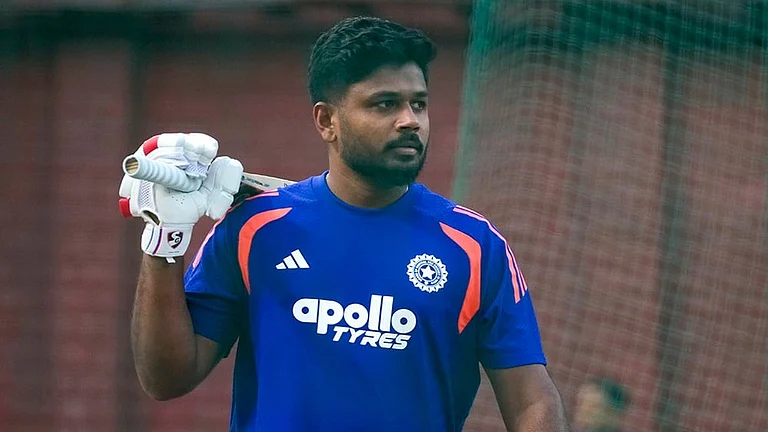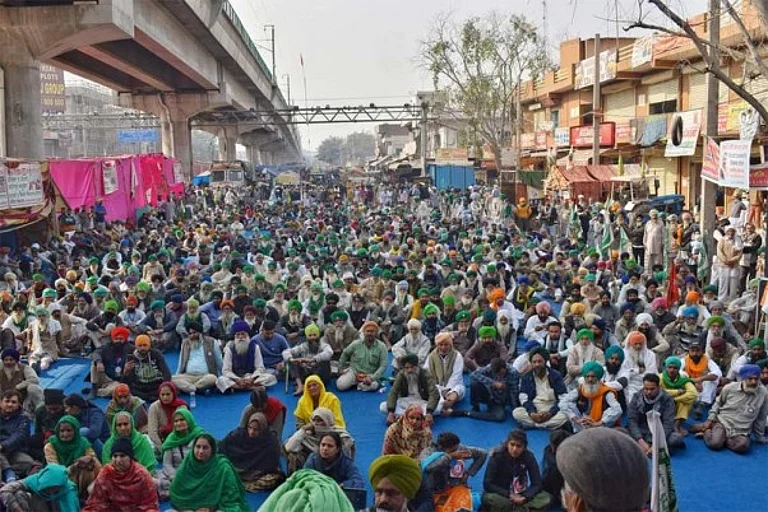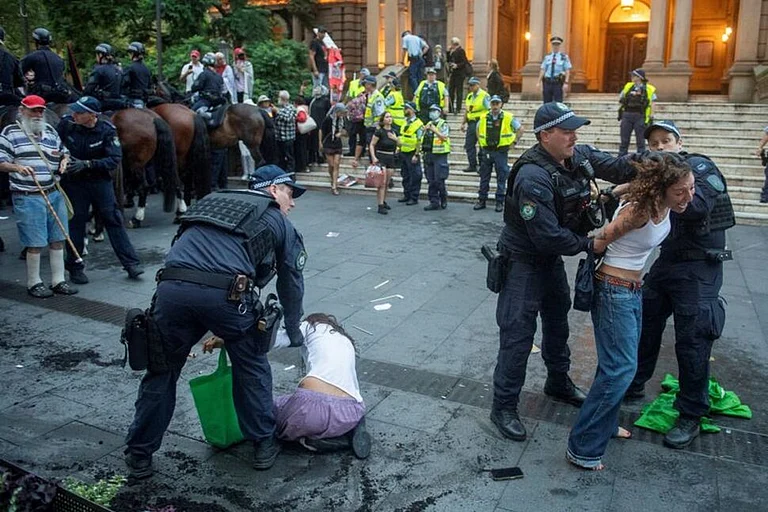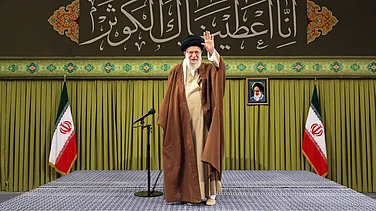
At least 18 people, including police officers and journalists were injured during violent clashes in Lima on Saturday.
Hundreds of demonstrators took to the streets to protest against President Dina Boluarte’s administration.
Later, the protest swelled, with additional groups joining to express broader dissatisfaction with the government.
At least 18 people, including police officers and journalists were injured during violent clashes in Lima on Saturday as anti-government demonstrations escalated in the Peruvian capital, according to figures released by authorities on Sunday, AFP reported.
Hundreds of demonstrators took to the streets to protest against President Dina Boluarte’s administration, in a march organised by the youth-led activist group “Generation Z.” The rally, which began peacefully, descended into chaos near key government buildings in central Lima, where protesters hurled stones and sticks at police. Officers responded with tear gas to prevent the crowd from advancing toward the presidential palace and Congress, according to reports from AFP.
Later, the protest swelled, with additional groups joining to express broader dissatisfaction with the government. Clashes intensified, leading to dozens of injuries. Police initially reported three officers wounded but later updated the number to 12.
The National Association of Journalists of Peru (ANP) said six journalists were injured while covering the unrest, including two reporters from the radio network Exitosa Noticias. Among them was photojournalist César Zamalloa of the investigative weekly Hildebrandt en sus Trece, who said police fired pellets directly at protesters. “That’s when I felt the impact on my leg and hip,” he recounted in a statement published by the ANP on Facebook.
Both the journalists' union and the National Human Rights Coordinator in Peru condemned what they described as excessive force by police during the demonstration.
The protests come at a time of mounting public frustration with the Boluarte government. The president’s approval ratings have sharply declined amid a surge in organised crime and extortion cases. Critics have also targeted the conservative-led Congress, widely viewed by the public as corrupt and out of touch.
Adding to public discontent is a recent law requiring young adults to contribute to private pension funds, a move opponents argue is out of step with the precarious economic conditions faced by many in the country’s informal workforce.
More demonstrations are expected to continue, as calls grow for political reform and accountability



























